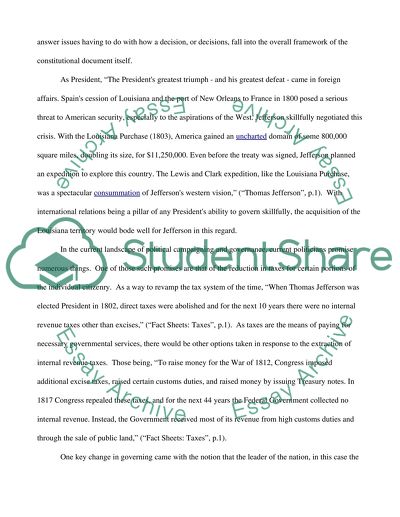Cite this document
(“Jeffersonian Era Essay Example | Topics and Well Written Essays - 1000 words”, n.d.)
Retrieved from https://studentshare.org/miscellaneous/1518508-jeffersonian-era
Retrieved from https://studentshare.org/miscellaneous/1518508-jeffersonian-era
(Jeffersonian Era Essay Example | Topics and Well Written Essays - 1000 Words)
https://studentshare.org/miscellaneous/1518508-jeffersonian-era.
https://studentshare.org/miscellaneous/1518508-jeffersonian-era.
“Jeffersonian Era Essay Example | Topics and Well Written Essays - 1000 Words”, n.d. https://studentshare.org/miscellaneous/1518508-jeffersonian-era.


